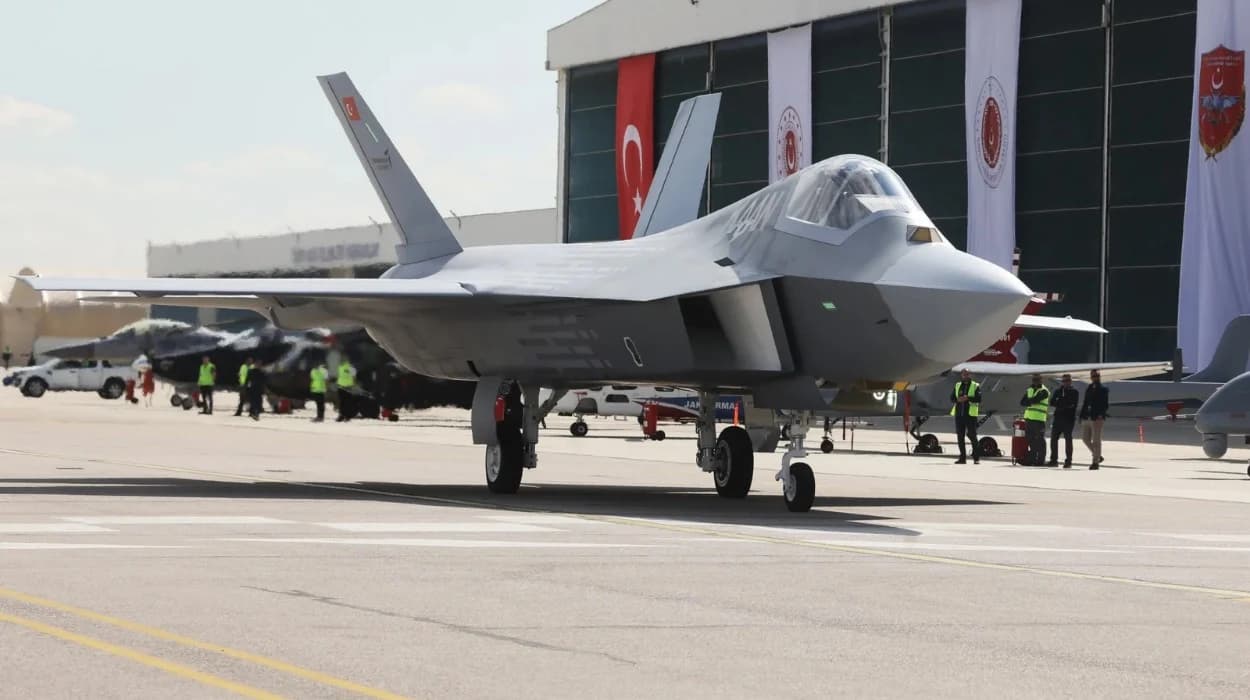Turkey is reconsidering its $6 billion deal with the US to
purchase 40 new F-16 fighter jets and upgrade 80 existing ones. Instead, Ankara
may shift its focus towards acquiring jet engines, signalling a strategic pivot
in its defence procurement amid tensions in US-Turkey relations. This
development arises as Turkey seeks to preserve its domestic defence projects
and lessen reliance on Western military technology.
Turkey Reconsiders US F-16 Purchase Deal
As reported by Middle East Eye, Turkey is contemplating
abandoning its $6 billion deal with the United States for 40 new F-16 fighter
jets and upgrades to 80 existing jets. This reconsideration comes amid
complexities in US-Turkey relations and concerns over autonomy in defence
manufacturing. The Turkish government is reportedly exploring alternatives that
would focus on acquiring jet engines rather than complete fighter jets.
Political and Military Context Behind the Shift
The conversation about Turkey's jet procurement occurs in
the context of Ankara’s desire to reduce dependency on Western defence
technologies. According to Middle East Eye, the dispute partly stems from US
hesitance regarding the sale of advanced military equipment to Turkey,
especially after Ankara's recent military operations in Syria and strained
relations with NATO allies.
Turkey’s Defence Industry Ambitions
Turkey has emphasized the importance of developing its own
defence technology, including indigenous technologies for aircraft engines. The
New York Times reports that Turkey’s reluctance to proceed with the F-16
purchase reflects broader national efforts to invest in homegrown military
technologies. A focus on jet engines aligns with Ankara’s drive to develop the
TAI TF-X, a domestically designed fighter jet project.
Statements from Key Officials
Multiple sources note that while US officials have expressed willingness to maintain cooperation, the Turkish Defence Ministry is seeking to renegotiate terms or explore alternative acquisition methods. Reuters quotes a Turkish defence official indicating that
"the priority has shifted towards securing jet engines that can support both existing and future Turkish fighter aircraft."
US-Turkey Defence Dynamics
The negotiation process around the F-16 deal comes amid
shifting US policy in the region. The Biden administration has faced pressure
from Congress regarding arms sales to Turkey, citing various geopolitical
concerns. Associated Press reports that these political dynamics have
contributed to the current uncertainty around the deal.
Impact on NATO and Regional Security
Analysts highlight that changes to Turkey's fighter jet
acquisitions could have implications for NATO’s regional balance. Maintaining
compatibility with NATO systems has been a traditional concern, but Turkey’s
emphasis on autonomous capabilities might redefine its role.
Turkey's possible decision to drop the US F-16 purchase in favour of jet engine acquisition illustrates a strategic recalibration in Turkish defence procurement. The move reflects a broader trend of asserting national defence industrial independence amidst shifting geopolitical and bilateral relations with the US and NATO allies.
